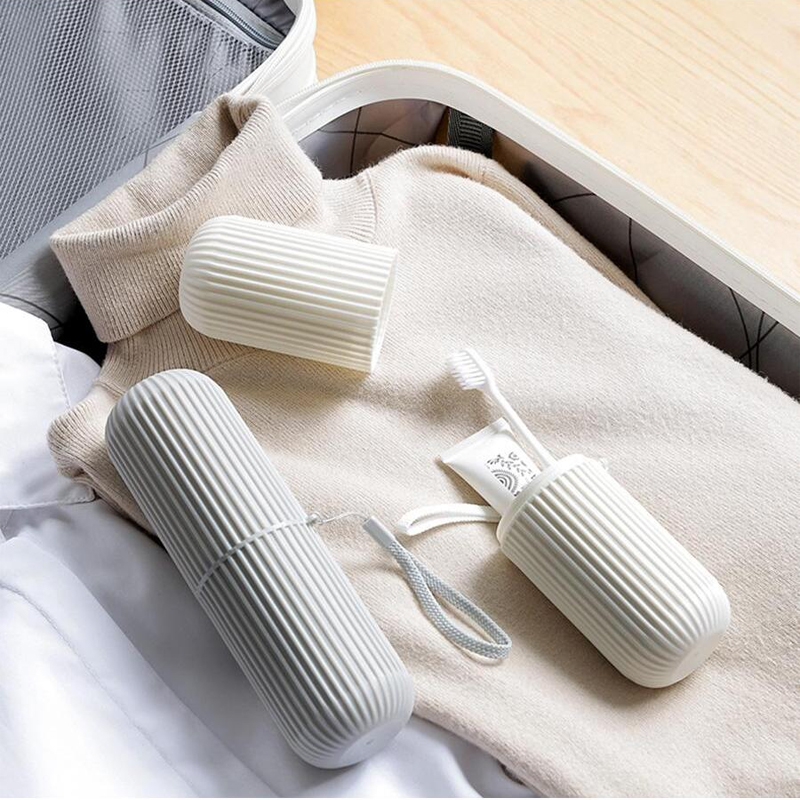

使いやすさcereすべての年齢に最適です⚠️スキルが必要です料金
❌初期コストが高い✅手頃な価格移植性
私たちの推奨事項:最小限の努力で最も効果的な清掃が必要な場合→電気を取ります。シンプルさとコスト削減を好む場合→マニュアルブラシは正常に機能します(正しく使用する場合)。マーケットユニオンのトップオーラルケアのヒントどのブラシを選択しても:3か月ごとにブラシ/ヘッドを交換します(摩耗した毛は効果を失います)。
1日2回、2分間ブラシをかけます(電動ブラシには多くの場合、組み込みのタイマーがあります)。フロスデイリー(単独でブラッシングすることは歯の間で掃除することはできません)。定期的に歯科医にアクセスしてください検査用。結論
電動モデルは、ほとんどの人にとってより信頼性の高いクリーンを提供します、マニュアルブラシは堅実で予算に優しいオプションのままです。で、提供します高品質のオーラルケア製品
あらゆるニーズに合わせて。高度な電動歯ブラシを探しているか、信頼できるマニュアルオプションを探しているかにかかわらず、私たちはあなたをカバーしています!P.S.高品質のオーラルケア製品をお探しの場合は、カントンフェアフェーズ1(ブース番号:4.1N18および5.1H33-34)、私たちは歯科衛生の最新の革新を紹介します!
電動歯ブラシは器用さが限られている人に最適関節炎の方、高齢者、矯正器具を装着している方など、様々な方に最適です。自動でほとんどの作業を行うため、正確な手の動きを必要とせず、徹底した清掃が可能です。
手動ブラシはシンプルで持ち運びやすく、充電も不要便利な旅行オプションですが、最適な結果を得るにはより多くの努力が必要です。
電動歯ブラシ初期費用が高い(200以上)と要求3ヶ月ごとにヘッドを交換(長期的な費用の増加)。
手動歯ブラシは予算に優しい(最低1~5個ずつ) ですが、同じ頻度で交換する必要があります。
歯科研究によると、電動歯ブラシは特に有益なのは:
✔歯周病や知覚過敏のある人(歯ぐきに優しい)
✔歯列矯正器具や歯科治療器具を装着している人(届きにくい場所の掃除に最適)
✔歯磨きのテクニックに苦労している人(一貫した洗浄を保証)
✔子供(保護者同伴)– 一部のモデルには、子供向けのタイマーと柔らかい毛が付いています。
✔予算を重視するユーザー(初期費用と継続費用の削減)
✔頻繁に旅行する人(充電不要)
✔優れた歯磨き習慣を持つ人(すでに2分ルール適切なテクニック
事実:誤った使用をした場合のみです。最近の電動歯ブラシのほとんどは、マニュアルブラシは堅実で予算に優しいオプションのままです。過度の力を加えないようにするため、柔らかい毛のブラシをおすすめします。
事実:技術的には正しいが、研究によると、ほとんどの人が適切に歯を磨いていないことがわかった電動ブラシは人為的なミスを補正します。
事実:元々は移動に問題のある人々、清掃効率の向上により誰もが恩恵を受けられるようになりました。
| 特徴 | 電動歯ブラシ | 手動歯ブラシ |
|---|---|---|
| 歯垢除去 | ✅ 優れている | ⚠️ テクニック次第 |
| 歯茎の保護 | ✅ より良い(センサー付き) | ⚠️ ブラッシングしすぎの危険性 |
cereすべての年齢に最適です
メールフォーマットエラー
emailCannotEmpty
emailDoesExist
pwdLetterLimtTip
inconsistentPwd
pwdLetterLimtTip
inconsistentPwd